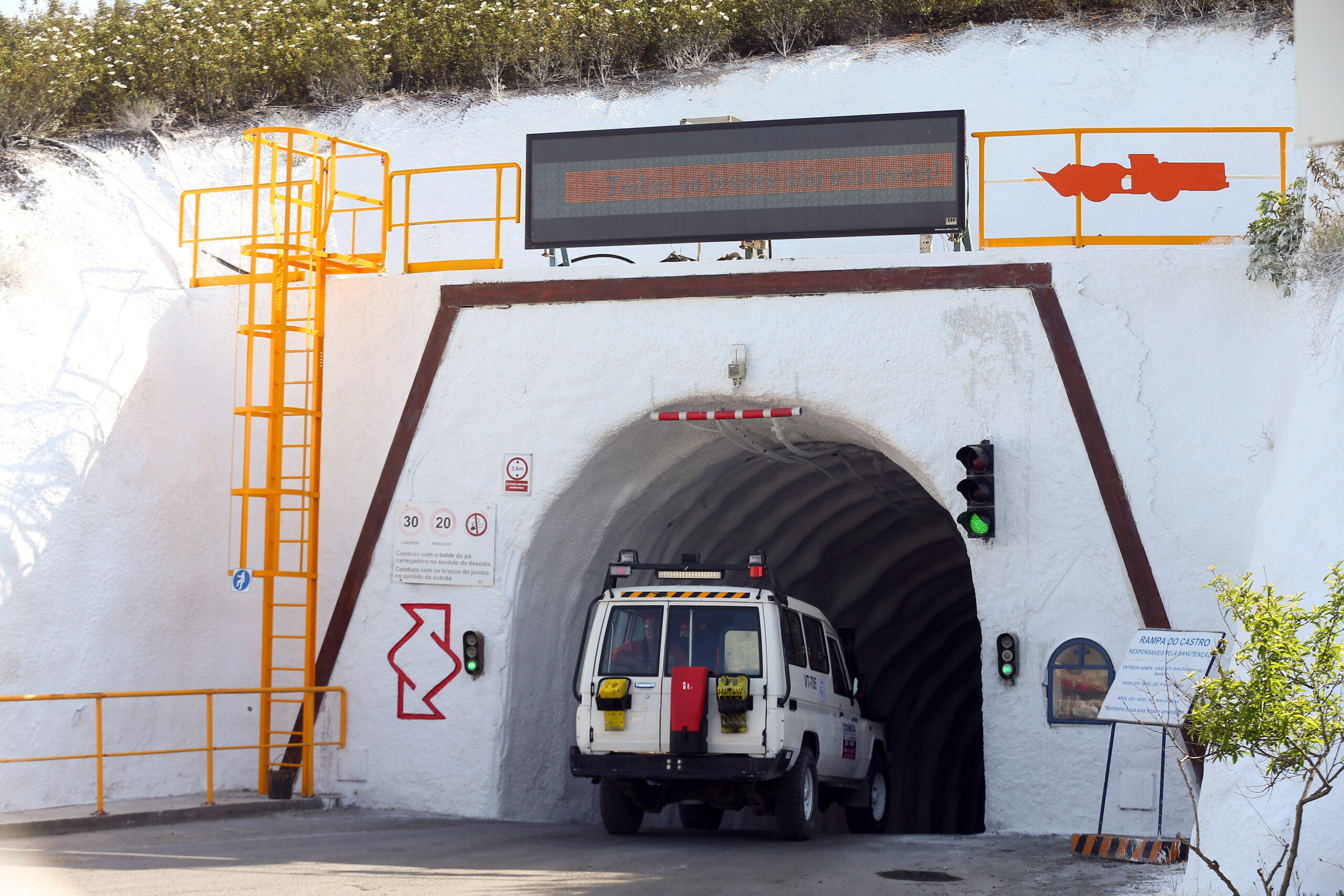Asim Imdad Ali, head of Corporate and Regulatory Affairs at Pakistan Tobacco Company, talks to Gay Sutton about corporate social initiatives to improve welfare in rural tobacco-growing communities, and the threats posed by illicit trade.
Pakistan Tobacco Company (
The company is part of the global tobacco company BAT (British American Tobacco) and produces around 40 billion cigarettes a year. Enjoying around a 50 per cent share of the legitimate cigarette market, its products are the traditional BAT brands and fall into three value streams. Dunhill and Benson & Hedges are the premium brands; Gold Leaf, which is one of the most well-known brands in South Asia, is aimed at the middle income market; while Pall Mall, Gold Flake and Embassy fall in the value-for-money category.
Directly employing around 1,000 people in management and manufacturing, the company is also responsible for creating full time employment for over 25,000 farmers and thousands of people across the 200 sales and distribution companies associated with it. It also helps to provide livelihood support for over 800,000 retailers around the country. The company is thus a major contributor to the national economy.
Last year,
Cigarette production takes place at two factories. One plant is located in Punjab province, where around 20 per cent of the tobacco crop in Pakistan is grown. However, the primary plant, along with a leaf threshing plant, is located in the Khyber Pakhtunkhwa province (KPK), where nearly three quarters of the tobacco is grown. “In these areas of the country, tobacco farming is of fundamental importance to the regional economy. In the last few years this economic importance of tobacco crop has grown even further as these regions in KPK were adversely affected due to the fallout of the defence operations undertaken to fight the war on terror,” says Ali.
One would expect that the security issues arising from the war on terror would present the greatest operational challenges to PTC; but interestingly, the greatest threat that the business faces comes from the widespread prevalence of illicit trade. “The fundamental challenge that we face day in and day out in the marketplace is the easy availability of cheap tax-avoided cigarettes,” Ali continues. “Nearly one out of every five cigarettes sold in Pakistan is duty-evaded (local or smuggled), which is one of the highest figures in the world. Globally, the majority of illicit trade is in smuggled goods. Here, it’s in local non-duty-paid goods that form more than 90 per cent of the illicit sector. And this makes it hard for us to increase prices. As soon as we try to increase prices, volumes fall off as consumers switch to cheaper alternatives in the form of easily affordable illicit products.”
The government has introduced a robust regulatory framework to govern everything. The law regulates availability of raw materials (including tobacco and filter rods), and also cigarette paper purchases. “But it’s the lack of enforcement of this legal framework that is the real issue,” says Ali. “We’re looking forward to the day when these regulations are actually enforced on the ground, to create a level playing field for us to operate in.”
When that happens, the government will have a double victory. First, it will increase its revenue base as net tax is spread across the board and no evasion takes place. Secondly, legitimate manufacturers, who also benefit from price increases, will have the ability to make cigarettes more expensive and the government will have more power to control the growth in cigarette sales and thus meet its regulatory objectives. “Without controlling illicit trade, the government can meet neither its fiscal nor its regulatory objectives,” says Ali.
The lack of law enforcement is also undermining the government’s programme to address public health concerns over smoking.
Legislation is, however, successful in protecting Pakistan’s tobacco-growing farmers. The laws framed by the Pakistan Tobacco Board (PTB) require all cigarette manufacturers to declare and announce their tobacco crop requirements for the following year. The purpose is to inform and guide the tobacco farmers about the required quantities of crop. PTB also sets the minimum price of tobacco each year. A unique protection mechanism incorporated in the law for the benefit of farmers is that the crop prices are not to be lower than that of the previous year. Finally, if there is to be any excess crop, the tobacco companies are obliged to purchase it in proportion to their announced requirements. All these laws protect the farmers.
“As farmers are our valued business partners, we always work to ensure that their welfare and interests are properly looked after so that we remain their preferred choice,” says Ali. PTC has a very successful track record of working with its farmers. This is not restricted only to tobacco farming but also involves ensuring sustainable agriculture practices and increasing the efficiency of their farming methods. “Our Leaf function works with the farmers in what we call the Extension Programme,” Ali explains. Through a network of 26 farming schools the company provides training and support in subjects as diverse as soil testing and the safe use of pesticides and fertilisers through to farm management. “Tobacco is one crop in Pakistan that has yield per hectare which is 14 per cent higher than international standards. This method of vertical growth means that crop volume is increased without much increase in cropped area.”
As tobacco growing is seasonal, these improvements in efficiency, sustainability and management are useful throughout the farmers’ businesses and are applied to other crops. So successful has this initiative been that the relevant government agencies replicate sustainable agriculture practices introduced by PTC across other agricultural crops.
Beyond such operational issues,
The overriding concern is that because of the geography of the country, many of the farming communities don’t have access to basic healthcare facilities.
The second issue that
In common with all BAT companies,
Perhaps the most visible environmental achievement is the long-running
DOWNLOAD
 PakistanTobacco-EMEA-Mar12-Bro-s.pdf
PakistanTobacco-EMEA-Mar12-Bro-s.pdf













